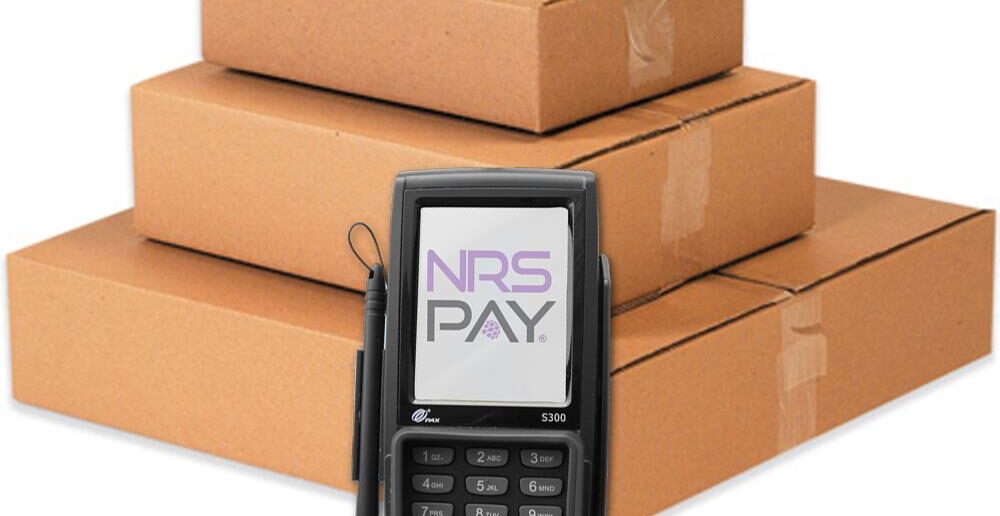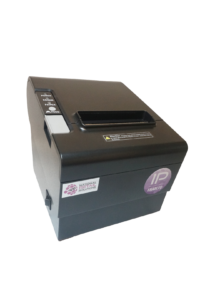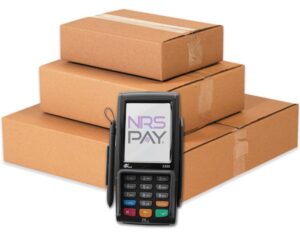Every day, businesses strive to keep track of inventory, supply chain issues, costs, and market conditions in order to remain competitive and viable. Oftentimes, it can be difficult to manage all of these aspects at once without the proper resources and tools on hand. In this case, a point-of-sale system would be a helpful tool for business owners since they could easily track inventory, receive alerts about potential supply chain problems, and quickly respond to customer requests. However, business owners should remember that while a point-of-sale system can help in some ways, it is still necessary to have a human touch for various aspects of the business.
Tracking Sales and Inventory
Manually checking inventory and tracking sales can be time-consuming. By automating these tasks, business owners can save more time and money while focusing on other aspects of the business. The POS system can be a helpful automation system for business owners who need to manage their inventory better and reduce time spent on manual data entry. The system can provide sales data for a day, month, or year, allowing owners to determine which items are their best sellers.
That way, business owners can prepare and evaluate what items they need to order for their customers. The inventory management system can also notify owners when stock is running low, allowing them to plan ahead and order items.
Managing Inventory Remotely
If store owners can’t find the time to go to the store, managing inventory remotely can be convenient while they are on the go. Store owners can manage inventory from a remote app or web portal that links to the point-of-sale system. That way, they can order items from their phone and get updates while they aren’t in the store. It can also help reduce the need to hire extra employees for tasks the system can handle. It is well worth researching a strong point of sale system that includes inventory, tracking, monitoring, and alerts as part of the broader technology ecosystem to help grow the business and succeed.
Don’t Waste Inventory
Avoid Supply Chain Shortages
When ordering new incoming items for the store, supply chain setbacks and shipping delays may occur, affecting the store’s ability to keep up with customer demand. For this reason, it is essential that store owners order ahead in case any of these occurrences happen. If it isn’t planned accordingly, the store may have difficulty maintaining customer loyalty and satisfaction, ultimately resulting in fewer sales and lower profitability. To combat this, store owners should closely keep track of inventory, look into alternatives, research pricing deals, and communicate with their customers.
Offer Better Deals to Customers
While ordering inventory from a distributor, it is important to look carefully at cost and profit and evaluate the best way to stock inventory. Store owners should compare prices from each distributor to see what works best for their profit margins and gets them the most value. For example, store owners need to look into distributors’ bundle deals. This can help store owners save money while providing the same deal to their customers. It is also critical for store owners to research what their competitors offer and provide better pricing to customers. Customers enjoy saving money, and if they see a store advertising better deals, this can lead to increased sales and revenue for store owners.









